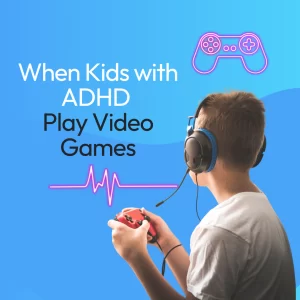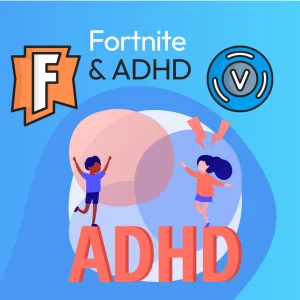There is an idea that the meaning of life is to pursue happiness. I heard it from my parents all the time when I was growing up: “We just want you to do the things that make you happy. ”Even typing out that sentence now, years later, I feel confused by what the statement even means. There are all kinds of things that we do in life that don’t make us happy (have you tried getting out of bed before 6:00am??). If we define happiness as a “state of well-being characterized by pleasant emotions” (stole that from the dictionary), then we know that we spend lots of time not experiencing that very definition. Furthermore, we all know that happiness is a very fleeting feeling. Even if we are currently happy, we are only moments from being unhappy. At any given time, we are moments away from losing a job, losing a friendship, the death of a loved one, not getting the scholarship that we were hoping for, not being accepted to our dream college, not being invited to the party, worrying about the future, worrying about the present, and the list could go on.
So, what about the notion that if we have the things we need, we should be happy. A person with food, water, shelter, and love should be happy. This kind of thinking is related to an idea called the assumption of healthy normality, which suggests that human beings are inherently happy, connected with others, and at peace with themselves. This perspective has come from the medical perspective that health is the absence of disease. In other words, without some kind of sickness or injury, the human body is…healthy. It turns out that happiness—a state without anxiety, frustration, sadness—is not the natural state of human emotions. The natural state of human emotions is one that ebbs and flows through a wide range of emotions, all of which are normal and healthy. Feeling happy after a promotion, a good grade on an exam, or an exciting first kiss, are all things that rightly bring happiness; however, we know that the effects of these experiences are quick to ‘wear off,’ as life ebbs us back into the rest of the spectrum of feelings that we all experience. Imagine for a moment if you felt feelings of euphoria ALL OF THE TIME. In mental health, there is a pathology associated with that feeling called mania. People who experience mania often get themselves into bad situations because of uncontrolled feelings of pleasant emotions that surround everything they do, and inform everything they think they should do. Their behavior is very impulsive—after all, if everything you touched turned to gold, you would probably start grabbing away—and they often are overly enthusiastic about every opportunity, which leads to a dramatic crash into life savings being spent and relationships being destroyed.
If I know that I am not going to experience happiness in a reliable or predictable way, what is it that I should be pursuing? Well, there are two lines of thinking on this. The first is the line of thinking that my parents told me about: Do what makes you happy. This line of thinking is a goals-based interpretation of happiness. The idea that if I line up one goal after another and accomplish them, that I will move myself toward a state of better living, ergo ‘achieving happiness.’ Well, the problem with this is that we know that people do not always get to achieve their goals and even when they do, achieving one’s goals does produce a moment of euphoria, but that moment is short lived. The second line of thinking is living a life that is values-based. In a life that is lived in a way that is based on your values (e.g., integrity, curiosity, humor, relationships, joy) one still has goals but the goals are coordinated with values, not accomplishment. A goal that is values-based (e.g., being a lifelong learner) is fundamentally different from a goal that is accomplishment-based (e.g., graduating from high school). The former is based on Learning as a value that one holds, where the latter is based on achievement of a task.
I encourage you to consider what your values might be, and aligning goals with values, not accomplishment. If we get to achieve some goals along our values-based journey, then great; and if we stumble on some happiness along the way, even better! But we should always be orienting ourselves toward living a life of values-based action, where everything we do is propelling us toward feelings of meaning, and helping prepare us against the inevitable difficulty of life.



